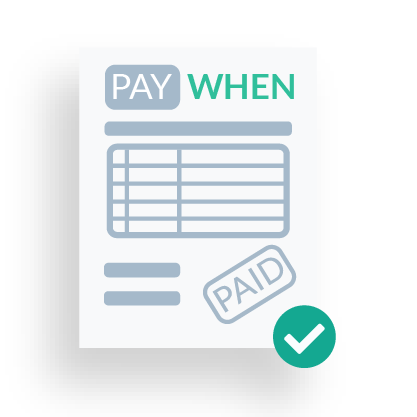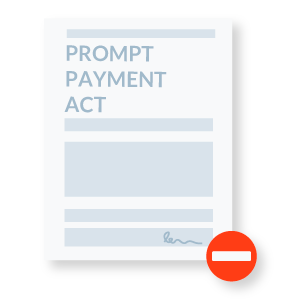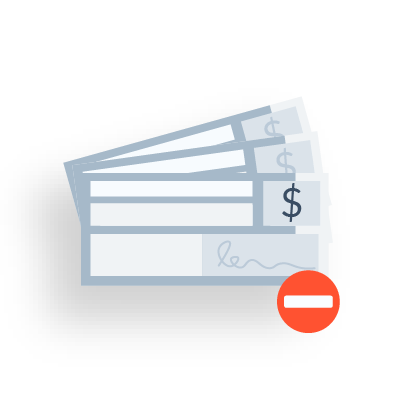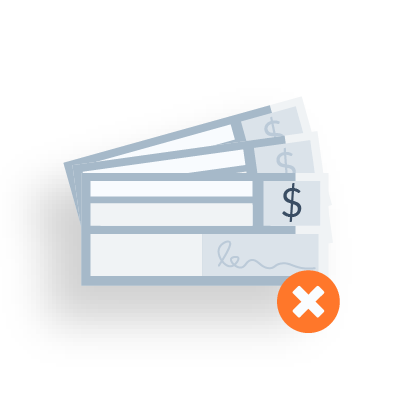Ohio Construction Contracts
- Private Jobs
- Public Jobs
- Top Links
Lien Rights May Be Waived by Contract
No-lien clauses have been enforced by Ohio courts.
Pay-if-Paid is Enforceable
Pay if paid clauses can be valid and enforceable in Ohio, provided that the clause sets forth that the clause is a specific "condition precedent" to payment. However, a pay-if-paid clause will not prevent a party from filing a mechanics lien for non-payment.

Pay-when-Paid is Enforceable
A pay-when-paid clause is enforceable, but only as a timing mechanism to payment.

Payments to Prime Contractors Are Unregulated
The timing of payment to prime contractors will be governed by the terms of the contract. However, the 10-day period for all other down-chain payments may not be modified.

Retainage Mostly Unregulated
Ohio has some laws about retainage, but the amount of retainage withheld is unregulated. The amount withheld will be governed by the contract between the parties.
Pay-if-Paid is Enforceable
Pay if paid clauses can be valid and enforceable in Ohio, provided that the clause sets forth that the clause is a specific "condition precedent" to payment. However, a pay-if-paid clause will not prevent a party from filing a claim against the payment bond for non-payment.

Pay-when-Paid is Enforceable
A pay-when-paid clause is enforceable in Ohio as a timing mechanism, the underlying obligation to pay still remains.

Payments to Prime Contractors May Be Modified By Contract
Payments from the public entity must be made in accordance with the OH Prompt Pay Laws; unless otherwise agreed by contract. All other down-chain payments are subject to the 10-day deadline.

Maximum Retainage May Not Be Modified
Retainage on public projects in Ohio cannot exceed the statutory limit of 8%, and no more retainage may be withheld after 50% completion if satisfactory progress is being made.
A construction contract outlines each party’s obligations, rights, and remedies on a project. But although the language in specific contract clauses is typically negotiable, Ohio has certain rules that govern what the agreement must include — and what is prohibited.
Keep in mind that, while Ohio’s rules for construction contract terms are written into state law, the courts determine how strictly those laws should be interpreted — and those interpretations can change.
On this page, you’ll find resources, legal information, and answers to frequently asked questions about Ohio’s construction contract and payment terms requirements.
Ohio construction contract provisions
While Ohio generally allows construction parties to set the terms of their agreement, there are some laws that regulate specific types of contract provisions. Any contract clause that contradicts the law is invalid and unenforceable.
“No lien” clauses
Ohio statutes do not explicitly prohibit the ability to waive lien rights in a construction contract. However, if the contract also includes a contingent payment clause (discussed below) then the courts have held that the contract cannot also include a “no-lien clause.”
Contingent payment clauses
There are two types of contingent payment clauses: pay-if-paid and pay-when-paid.
Pay-if-paid clauses are enforceable in Ohio, but only to an extent. A valid pay-if-paid clause cannot prevent a contractor from filing a mechanics lien for non-payment, nor can they prevent the collection of late payment interest penalties under the OH Prompt Payment Act. To be effective, they must clearly and unambiguously create a condition precedent to payment. Similarly, on public projects, a clear pay-if-paid clause will be deemed enforceable, but cannot preclude a contractor from making a claim against the payment bond for nonpayment.
Pay-when-paid clauses are similarly enforceable on both private and public projects but only operate as a time-shifting mechanism; requiring payment within a reasonable amount of time.
Payment timing clauses
Ohio’s prompt payment laws on private projects only regulate the timing of payment from contractors to subs and suppliers. Which requires payment within 10 days of receipt of payment from the higher-tiered party. Further, since payments to prime contractors are not regulated, the timing will be governed by the terms of the contract.
On public projects, the public entity is required to make payment within 30 days of receipt of a payment application, unless otherwise agreed between the parties. All other payments, similar to private projects, must be made within 10 days of receipt of payment.
Retainage limits
Ohio does not regulate the amount of retainage that may be withheld on private projects. So the amount withheld, and the timing of its release will be governed by the contract between the parties.
On public construction projects in Ohio, the amount of retainage is capped at no more than 8% of the total contract value. However, when the project reaches 50% completion and satisfactory progress is being made, no more retainage may be withheld for the remainder of the project.
Ohio construction contract requirements
Generally, parties are free to agree to whatever terms they choose. However, there are some specific requirements regarding home construction services contracts valued at $25K or more. Such contracts must be in writing and include specific information. Including a description of the goods and services provided, a total cost estimation, an anticipated start and finish date, a copy of the general liability insurance certificate, and more.

